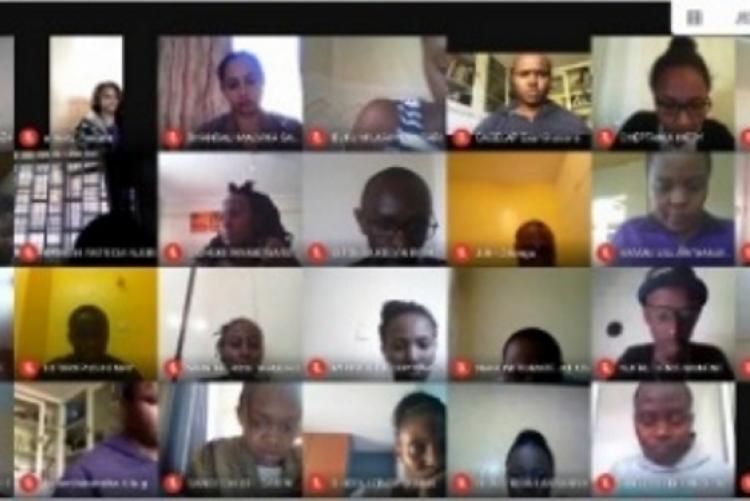Academic institutions worldwide have been forced to adapt in the midst of the COVID -19 pandemic. The global pandemic has placed higher education institutions on an unfamiliar path to balance the continuity of learning and the safety of students and staff. Worldwide academic institutions remain closed. The story is the same for Kenya.
Academic institutions have turned to virtual mode of teaching and learning. At the Nation Leadership Forum hosted by NTV on July 30, 2020, panelists drawn from Kenyan universities looked at how COVID-19 has affected learning in the institutions and how these institutions are advancing quality and sustainable higher education through virtual learning.
The panel consisting Prof. Harriet Kidombo Deputy Director, ODeL Campus, University of Nairobi, Prof. Paul Wainaina Vice Chancellor, Kenyatta University, Prof. Erastus Njoka Vice-Chancellor, Chuka University and Prof. Laban P. Ayiro, Vice-Chancellor, Daystar University was moderated by NTV’s Smriti Vidyarthi.
Prof. Kidombo said that the Covid-19 has exposed the disparities that exist within the higher learning sector. She shared the University of Nairobi’s journey towards virtual learning.
“The first thing we did was to train the faculty and various support teams. Later on we trained the students and we were able to run classes – within the first few weeks of closing. Capacity building is very important,” she revealed. “Monitoring and evaluation within an eLearning set up is important. You need to be able to track and report your progress.”
UoN has not only conducted classes online but has also carried out examinations online. On May 26, 2020, UoN achieved a milestone by successfully conducting its first ever end of semester examinations online. More than 20 students in the Master of Arts in Environmental Law and Master of Arts in Environmental Policy programmes were able to sit for their examinations right from the comfort of their homes.
During the forum, Prof. Wainaina highlighted the issue of resources.
“It is expensive to run eLearning,” he said. “Going forward if we are to resume and continue with our work online, the government needs to facilitate us by paying for infrastructural access and training for faculty. We are trying our best to ensure we are ready to continue with online learning but we need some support from the government.”
“My plea to the Ministry of Education is to work with us to flatten the curve by encouraging blended learning. Moving forward, we hope to eliminate the disparities brought about by COVID-19,” said Prof. Ayiro.
- Log in to post comments

